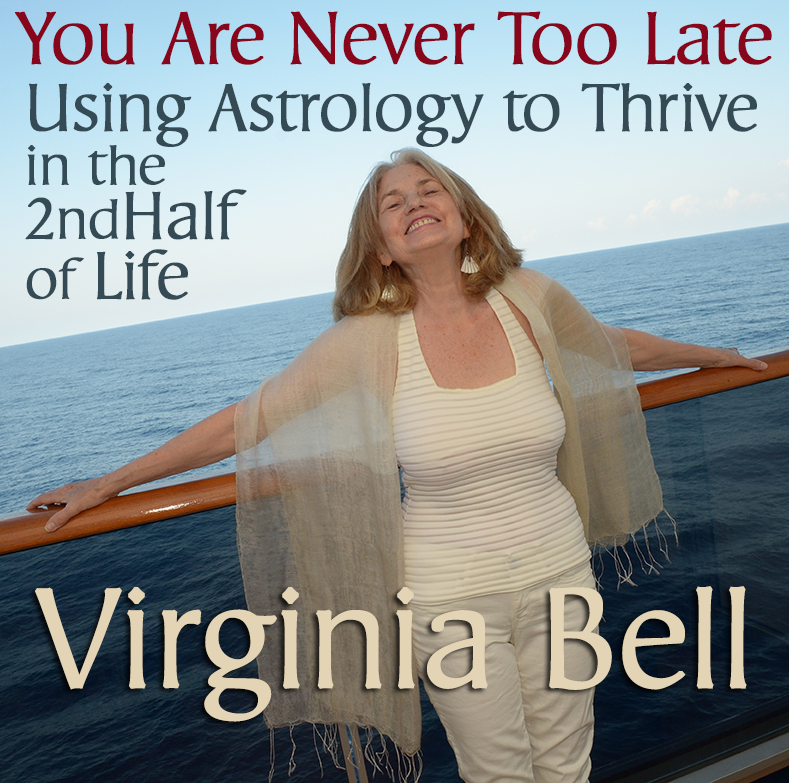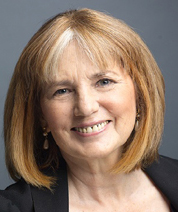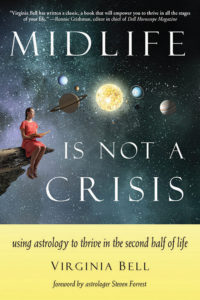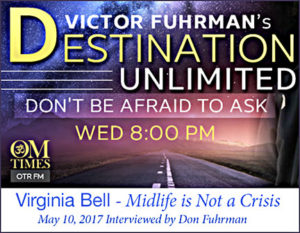The Coming of Light, By Mark Strand
Even this late it happens:
the coming of love, the coming of light.
You wake and the candles are lit as if by themselves,
stars gather, dreams pour into your pillows,
sending up warm bouquets of air.
Even this late the bones of the body shine
and tomorrow’s dust flares into breath.
SOME THOUGHTS ON GETTING OLDER
Everything takes me longer these days.
Just getting out of the apartment,
doing chores, completing my work,
making plans, keeping promises.
There are so many distractions.
I sometimes feel as if I’m swimming
in a sea of unfinished business.
On the other hand I meditate longer,
pray more, and stop to converse with
every tree and flower on my daily walks.
I may be slower now but I’m also saner.
I worry less, listen more
and pay attention to what’s important.
Which is for me – feeling good, being grateful,
staying present and open in this
beautiful and broken world of ours.
Perhaps most of all, being willing to say yes
to whatever life hands me;
knowing it’s all grace, all God.
“We age because we cannot change.” –Ramtha
That is one of the best statements I’ve ever heard about aging. Getting older is non-negotiable but how we do it involves more than just our age; it’s also about our attitude. As Benjamin Franklin said, “Some people die at 25 and aren’t buried until they are 75.” On the other hand, some people stay young, vital, and juicy into their seventies, eighties, and nineties. Rose was one of those people.
Years ago when I owned a natural foods restaurant in the West Village, I bought my alfalfa sprouts from a woman name Rose, who was affectionately referred to as Rose Sprout or the “Sprout Lady.” At my restaurant we put alfalfa sprouts on practically everything; house salads, entrée salads, sandwiches, and even used them as a garnish on entrees; we went through several huge bags a week. Over the years I got to know Rose; she was a vegetarian and a regular customer at the restaurant and I would often sit down and chat with her while she was having dinner. Rose came to New York City from Germany with her husband in the late thirties. They had a business together and raised a family. After he died she lived alone in her apartment on Fifth Avenue, just a block from my restaurant.
One day I asked her how she got into the sprout business. She told me that she lost all her money in the stock market in 1974. “So, Vhat vas I to do, Virginia?”She spoke with a strong German/Jewish accent. “I couldn’t ask my children. One summer my grandson vas visiting me. I saw him growing these alfalfa sprouts. I vatched vhat he was doing and said to myself, Rose, you could do that!” She was seventy-five years old at the time.
She started out growing alfalfa sprouts in jars on her windowsill in her kitchen; they require a lot of light. Eventually she graduated to growing them in large trays. She would put the finished sprouts in these giant plastic bags and wheel them to her customers in a shopping cart. As she got older the cart served as a make-shift walker. Over the years Rose developed quite a lucrative business; her customers were the health food restaurants in the West Village and SoHo, plus the upscale food markets in the neighborhood such as Balducci’s and Jefferson Market. She retired in her mid-eighties with a nice little nest egg.
A friend who knew Rose once spotted her at Omega (the conference center in Rhinebeck, NY). A group of people were doing a trust-building exercise out on the lawn; they were lifting an older woman high above their heads and gently rocking her. The woman looked familiar so my friend moved in closer; it was Rose. She was in her late eighties at the time.
“I can’t understand why people are frightened of new ideas. I’m frightened of the old ones.” –John Cage
Never lose a holy curiosity
Another example is the famous editor and fashion doyenne Diana Vreeland, someone else who stayed vital and relevant up until the end of her life. Many years ago I read an interview with her; in it she was asked what she thought of Punk. “I like Punk; it has energy!” she exclaimed. That got my attention, especially since she was in her eighties and I was in my thirties! I disliked Punk back then. I hadn’t explored it at all, I’m ashamed to say; it was pure prejudice on my part. After reading that interview, I thought to myself, if she can find something positive in it then so can I. We don’t have to love or embrace everything but we owe it to ourselves to at least be willing to explore it, taste it, and try it before we form an opinion.
“The important thing is not to stop questioning. Curiosity has its own reason for existing.
One cannot help but be in awe when he contemplates the mysteries of eternity, of life, of the marvelous structures of reality.
It is enough if one tries merely to comprehend a little of this mystery every day. Never lose a holy curiosity.”
-Albert Einstein



